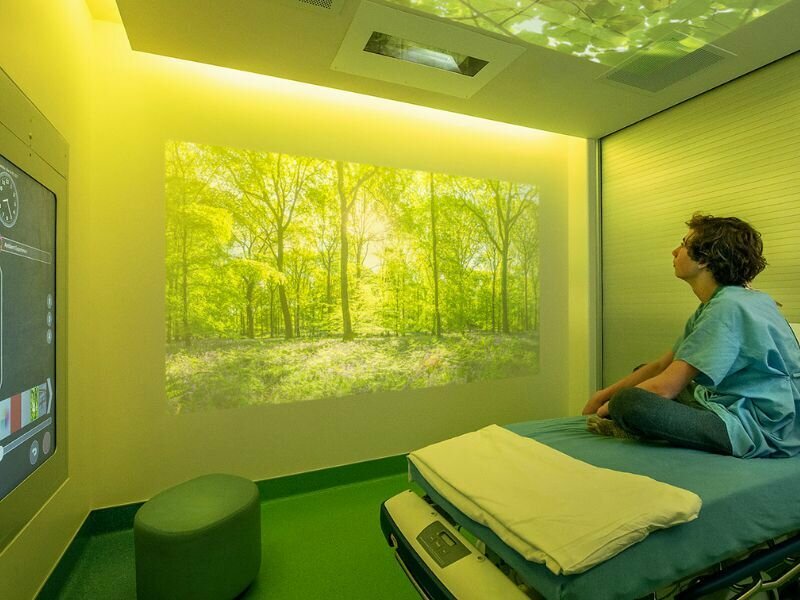
Reaching 1.81 billion people through leadership in health technology, Royal Philips announced its annual progress towards its ESG commitments this week. The company reduced operational emissions and worked with suppliers to reduce scope 3 emissions across the end-to-end healthcare value chain.
Despite a difficult past year with widespread recalls for ventilators, Philips’ chief ESG & legal officer Marnix van Ginneken is encouraged by growing momentum to reduce the environmental footprint in the industry. The company will continue to drive a shift to a circular economy, and indeed, their sales from circular revenues grew to 18% of sales, up from 16% just a year ago.
“We continue to move closer to our aim of improving 2 billion lives per year by 2025, while stepping up our sustainability efforts in our operations and value chain,” said Van Ginneken.
Below is a quick summary of Philips' key improvements in 2022:
Philip maintains a long history of sustainability leadership and its operations have been carbon-neutral since 2020. This year, the company received CDP Global’s ‘A List’ rating for tenth year in a row. To put this in perspective, CDP contains the largest environmental database in the world, and less than 340 companies made it to the A List, out of nearly 15,000 companies scored on their climate change, forests and water security disclosures.
Notably, Philips also received approval from the Science Based Targets initiative (SBTi) for its entire value-chain CO2 emissions reduction targets, with 41% of its suppliers committing to science-based targets as well. This sets the company apart from competitors as the first health technology company to win this assessment, and now all of Philips’ climate change targets are SBTi approved.
In spite of this positive public recognition from third party ESG groups, Philips has a long journey ahead to rebuild its reputation around quality and patient safety. In June 2021, the U.S. FDA issued a safety warning about certain Philips ventilators, BiPAP machines, and CPAP machines because of possible health risks. Archives from MassDevice show that the FDA received 100,000 reports of problems, including 346 mentioning deaths. So far, the company reports completing 90% of the production required for Respironics replacement devices to consumers.
Appointed as CEO in the wake of the recall, Roy Jakobs promised to work with the team on urgent interventions, while also strengthening the company with a culture of accountability.
“Performance was impacted by our efforts to mitigate supply chain and inflationary pressures and the revenue and cost consequences of the Philips Respironics sleep recall, whilst at the same time dealing with global challenges such as the COVID situation in China, volatile demand and supply, and the war in Ukraine,” wrote Jakobs in the 2022 annual report. “As we worked through the operational challenges, we progressed on our execution priorities in the fourth quarter and saw initial signs of improvement.”
Sales did increase to 17.8 billion (EUR), but profitability was still weighed down. To offset the downturn in performance, Philips laid off 4,000 workers in October 2022, followed by an additional 6,000 workers in January 2023.